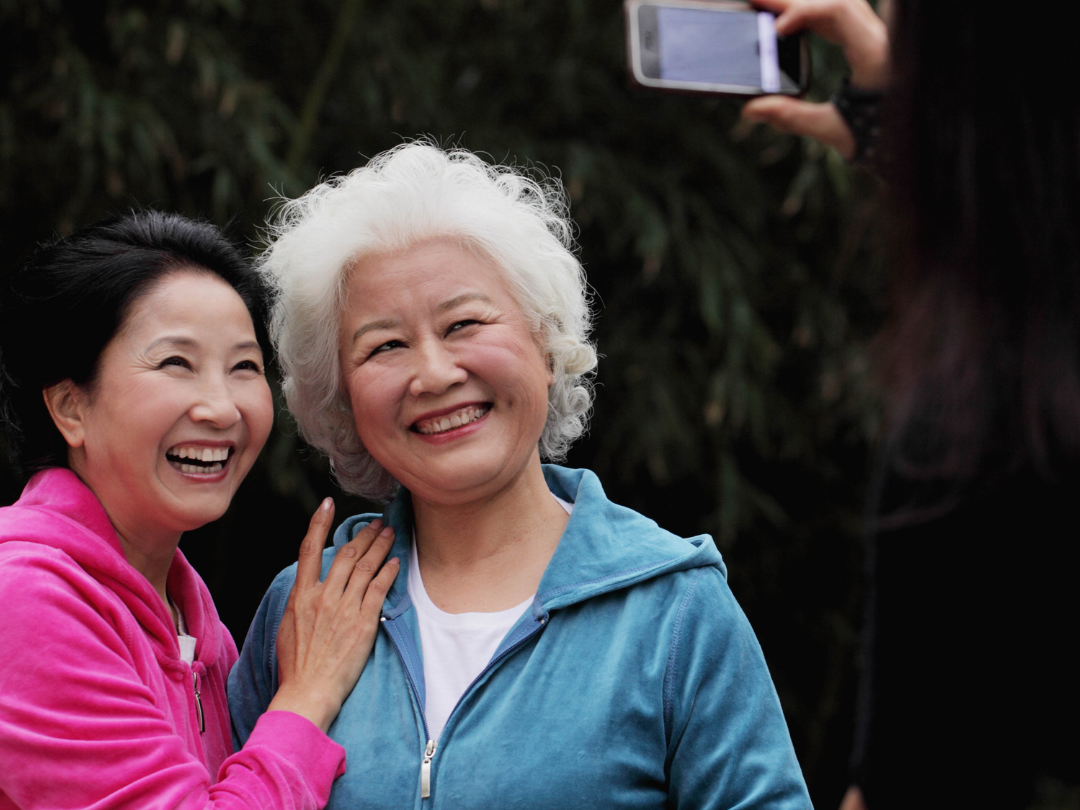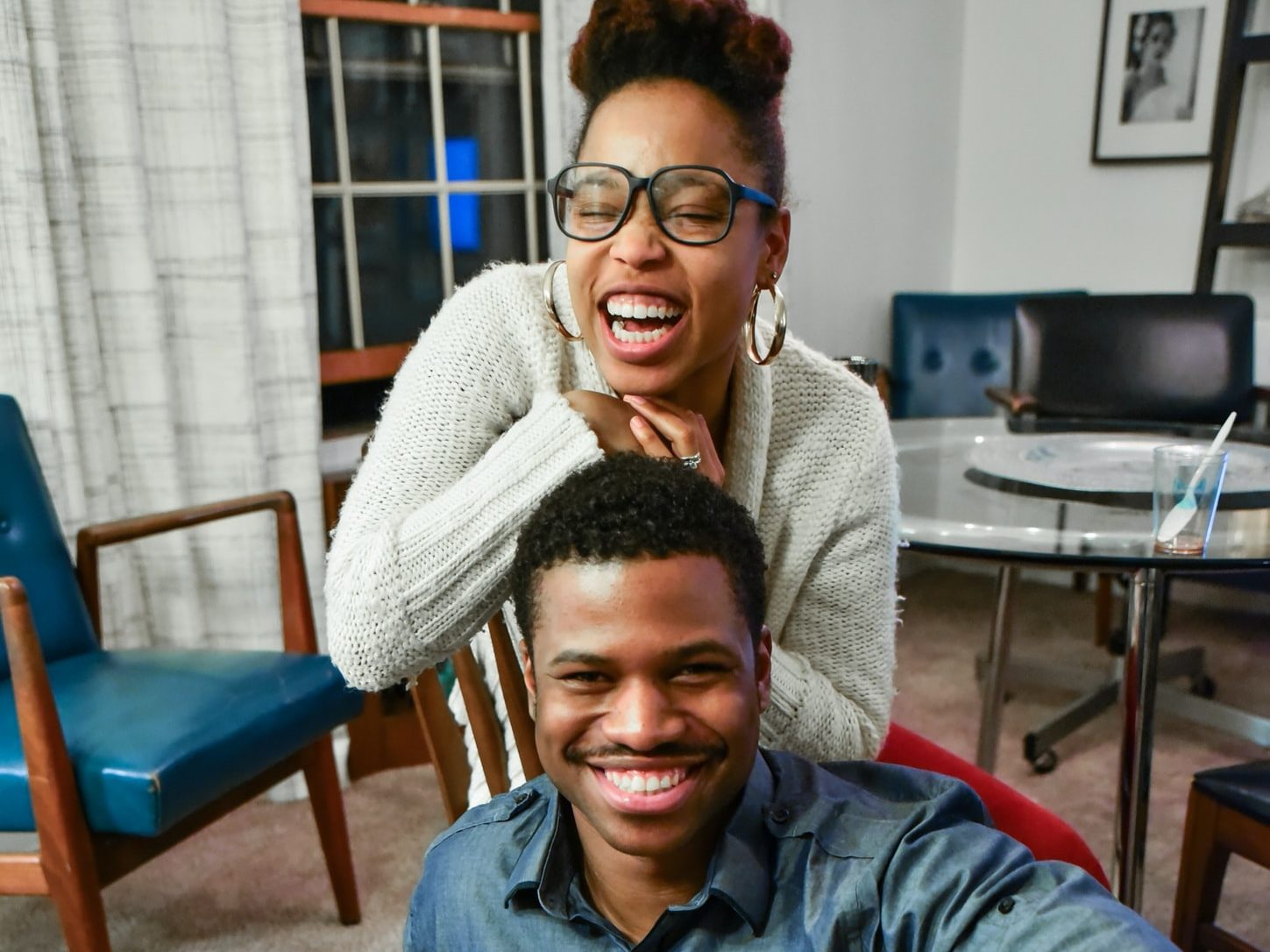January 20, 2021

There is something deeply sacred about new beginnings. A peaceful sunrise that breathes a gentle intensity of hope and promise with whispers of new possibilities. A heroine in our favorite story that’s given a redemptive second chance; to love again, to make amends, or to realize their dream. All moments. Powerful moments of opportunity to pause, reflect, and start anew.
For many of us, 2021 has not felt all too fresh or distinct coming out of 2020. Quarantine fatigue, pandemic stressors, political instability, and racial injustice continue to be challenging. Still, this season of new beginnings gifts us with an opportunity to write a new chapter in our life’s narrative and move closer to a lifestyle of wellness and thriving. We have compiled a quick list of simple ways to help you move toward positive behavior change that lasts.
1) Set Intentions

Most of us know that the majority of people that set New Year’s resolutions do not keep them. What we have found to be helpful in our work which has also been supported by research? Setting intentions. This looks like stating a simple, present-tense statement that connects us with our values at the moment and assists us in choosing where we want to focus our energy. This can be a powerful way to set the backdrop for creating new neuronal pathways in our brains. For example,
“I intend to deepen my relationships”
“I intend to be more present in my life”
“I intend to prioritize my wellness”
“I intend to extend compassion to myself and others”
Write your intentions down and take a few minutes each day to go over them and recite.
2) Focus on Establishing Habits

As humans, changing our behavior can be really difficult and feel like an uphill battle. As behavioral research has shown us, establishing healthy habits increases the likelihood that we will maintain those new behaviors over time. Try breaking down your overall goal into simple behaviors that can become habits and pair these behaviors with a normal part of your routine. For example, if your goal is to nurture your relationships, consider reaching out to a connection every Wednesday evening after dinner. Instead of the general behavioral goal of “drinking more water”, try drinking a glass of water before every meal. This can make it easier to remember your new habit and stay consistent. Are there apps for that? Yes, check out the Strides App (available on iOS only) and Habitify (available on Mac, iOS, and Android) to see if they can help you track and monitor your progress.
3) Hold Space for Your Process

When making a positive behavior change, we can judge ourselves negatively and harshly when we have trouble implementing or maintaining this change–especially when we are nowhere close to where we want to be. Give yourself permission to both fully accept and appreciate where you are now, while simultaneously moving towards change and growth. Dialectical Behavioral Therapy (DBT) highlights this well within the concept of dialectics: two opposing, simultaneous truths. Honoring both acceptance AND change. Acknowledging the truth that you can be both doing the best you can AND wanting to do better. Considering and accepting both can be hard for our brains to reconcile sometimes. It may take some practice but work on shifting your mindset to hold space for both–because they both can be true.
4) Acknowledge Your Humanity

As humans, we fail. We make mistakes. This is a guarantee. Expect this to be a part of the process of positive behavior change. When this happens, extend yourself grace and self-compassion. Research suggests that when we give ourselves this compassion, we are more likely to not give up. If you fall off, it does not mean you cannot get back up and continue trying. Additionally, planning ahead for obstacles that may get in the way as well as strategies to overcome those obstacles can help us better cope with failure and keep us moving forward. To help you cultivate self-compassion, try this 20-minute guided meditation by Dr. Kristin Neff.
5) Establish Rewards

Simply put, Our brain loves rewards. When we experience rewards, dopamine, a neurotransmitter, is released in our brains which can help increase the likelihood that we will engage in that behavior again. Perhaps it’s a small treat, extra self-care time, or connection with others. Whatever new behavior you are trying to maintain, take some time to build in some rewards such as stopping by your favorite coffee shop on your walking route or taking extra time to take in the view after completing a hike. Internal rewards such as a mental “You did it!” can also be beneficial.
As we begin this year, we want to remind you that in this new normal, you can still create and maintain positive behavior changes that can elevate your wellness–bringing you closer to wholeness. May you be kind and gentle with yourself along the way.
*Please Note: The information provided on or through this website or blog is for educational and informational purposes only and solely as a self-help tool for your own use. Engaging with this material does not constitute a client/therapist relationship*

Comments